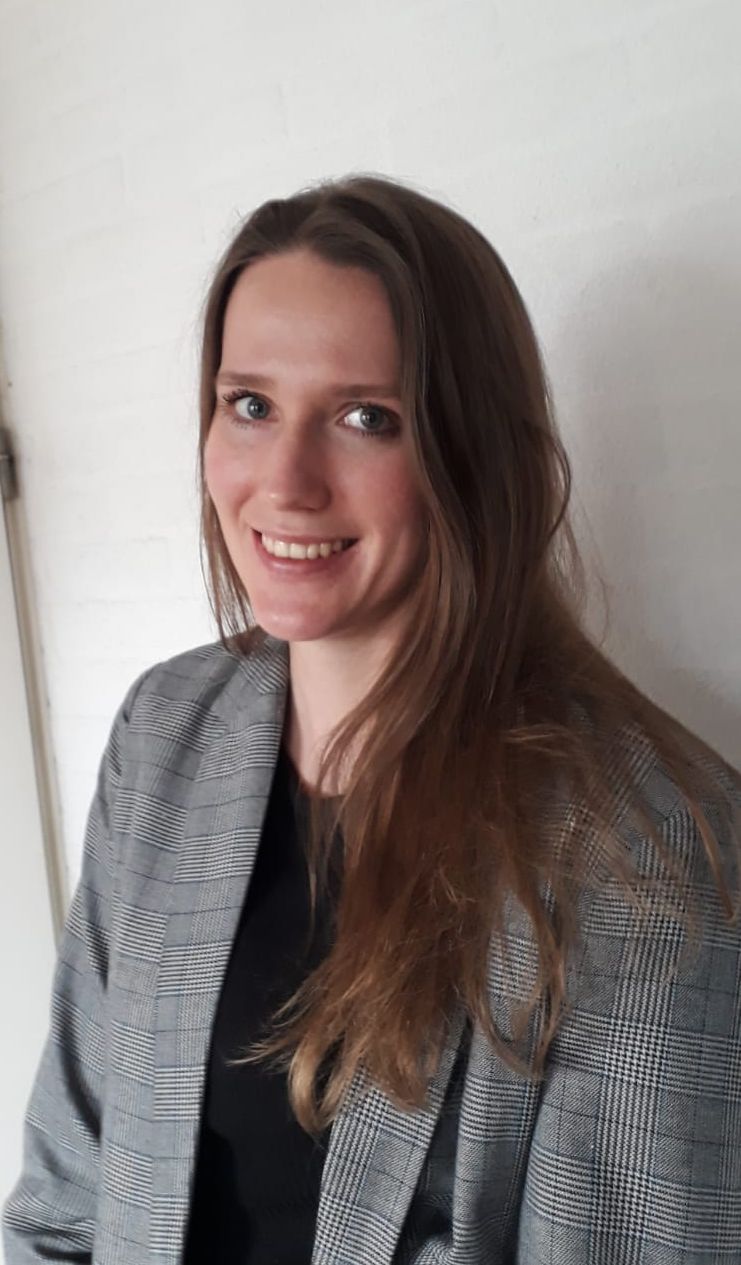During her Physiotherapy bachelor Julia soon realizes this is just the start of her path exploring the world of physiotherapy. “One of my patients complained that he went to 8 different physiotherapists; the psychosomatic therapist indicated stress, the manual therapist said it was his back, the sports therapist told him to train his abs.” “There are so many different insights, they all seem to help a bit, but I wanted to find out what’s really behind the pain. I knew this was the knowledge I needed to be a good physiotherapist, I felt the need to justify my treatments.”
Critical Thinking
The VU Master Musculoskeletal Physiotherapy Sciences was an easy choice. “They focus on the fundamental research behind the movements of physiotherapy, this was exactly where I was searching for and where my interests are.” Julia learned to focus more on the way of thinking, not just on the treatment itself. “The teachers stimulated me to keep asking questions, to doubt things, to really research all the aspects, emphasized critical thinking. It felt like coming home.” There was also room for play. “We have our own movement lab at VU, it’s enormous and lets you measure many aspects of movement, like forces and kinematics.” It’s also a huge asset to the combination of theory and practice. “During the Movement Analysis class, for example, we studied in depth movement in theory, and then went into our lab to do measurements ourselves.”
Julia’s Master Thesis focuses on military personal with backpain, researched at the Military Rehabilitation Center in Doorn.“Backpain is not necessarily something that has to do with the back itself, it can also be a result of a sensitive nervous system. Something we focused on during the master at VU.” Working with military personnel is notably different according to Julia. “When civilians start rehabilitation their pain scores are off the charts, they only start when their pain obstructs their daily life, but military personnel always needs to be fit, they need to be ready to go to places like Afghanistan, their needs and demands are much higher.”
FUTURE
“The future of physiotherapy is promising, at VU we talked about popular subjects as the science of pain, neurophysiology and immunology, for example. Working as a physiotherapist I focused on what muscle was aching, what joint was faulting. But the VU master taught me about the mechanisms that contribute to the pain experience and offered me plausible theories and hypotheses to the origin of the pain and therefore the treatments. It also stimulated me to pursue a PHD and learn more about the processes behind a certain condition and contribute to better healthcare. We have a long way to go, but I think scientific research will take us there.”
TIP
“This master offers many opportunities if you just create them. The staff is open to your ideas and will help you in any way they can: so dive right in to it! It will help you stand out, jump ahead and do what you love at the same time.”

